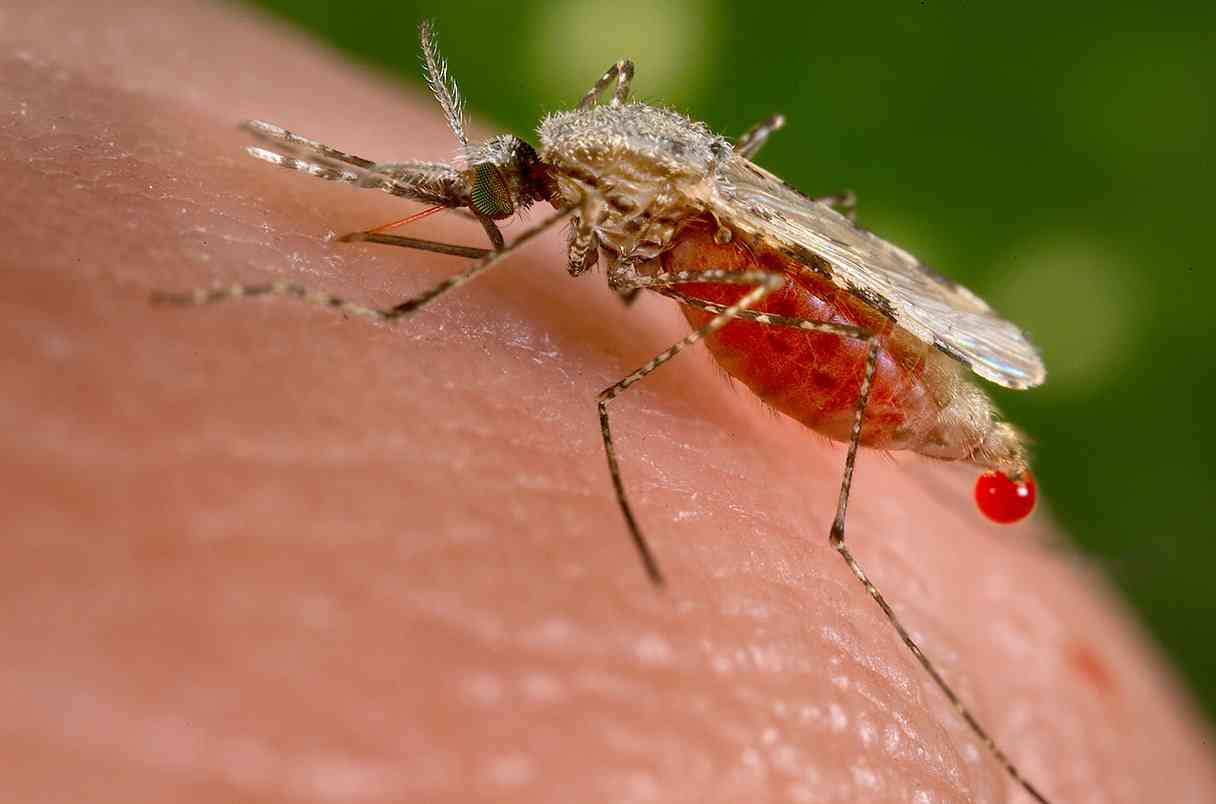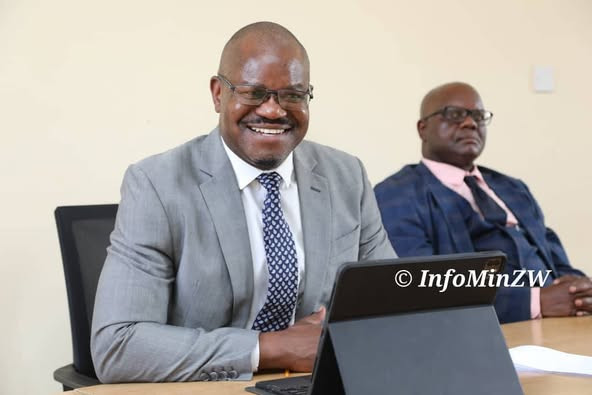BY PHYLLIS MBANJE
STAKEHOLDERS have scaled up calls on the Health minister Obadiah Moyo and Health Services Board (HSB) to urgently reconstitute the National Aids Council (NAC) board and appoint a substantive chief executive officer (CEO) to ensure smooth running of the organisation which has been dogged by allegations of maladministration, abuse of office and corruption.
The previous board was dissolved almost four months ago and at the time the Health minister in a letter said the board had been improperly appointed and that President Emmerson Mnangagwa had concurred to its dissolution.
However, no substantive appointments have been made, with Moyo recently saying they were following due process and that within a month, these appointments would have been made.
Agitated HIV activists are disgruntled and dissatisfied at the dragging process.
The ZNNP+ Harare province advocacy chairperson Charles Kautare said the board was needed to make sound and coherent decisions.
Keep Reading
- Chamisa under fire over US$120K donation
- Mavhunga puts DeMbare into Chibuku quarterfinals
- Pension funds bet on Cabora Bassa oilfields
- Councils defy govt fire tender directive
“The delay impacts negatively upon its service delivery mandates, bearing in mind that almost 100 000 people living with HIV and Aids are on second line treatment and are facing severe shortages of drugs,” he said.
Kautare also said given the prevailing situation, it would be difficult to meet the targeted 2030 mark of ending the devastating effects of the disease.
Community Working Group on Health (CWGH) director Itai Rusike also weighed in, saying the reconstitution of the board was critical since NAC, as an organisation, manages public funds (Aids Levy) and plays a pivotal role in the country’s HIV and Aids response.
“The Honourable Minister needs to urgently appoint board members and a substantive chief executive officer for this organisation to make sure that NAC functions normally and makes important policy decisions that address the current burden of disease, integration of care and enable the country to attain developmental and Universal Health Coverage (UHC) goals,” he said.
Rusike said they felt strongly that the appointment of the CEO had taken too long considering the critical role that NAC plays in providing measures to combat the spread of HIV as well as management, co-ordination and implementation programmes that reduce the impact of HIV and Aids in the country.
“We disapprove the current ad-hoc and reactive appointments being done at NAC, an important organisation that holds keys to millions of lives that cannot do without its services,” he said.
“This points to serious management and governance shortcomings, and we strongly feel this runs contrary to the new dispensation’s thrust of health for development. We cannot allow such an important institution to operate on auto-pilot.”
The CWGH also made an urgent appeal for the reconstitution of other strategic and key governance institutions such as the Public Health Advisory Board, the National Cancer Forum and in addition set up a forum that looks at UHC.





